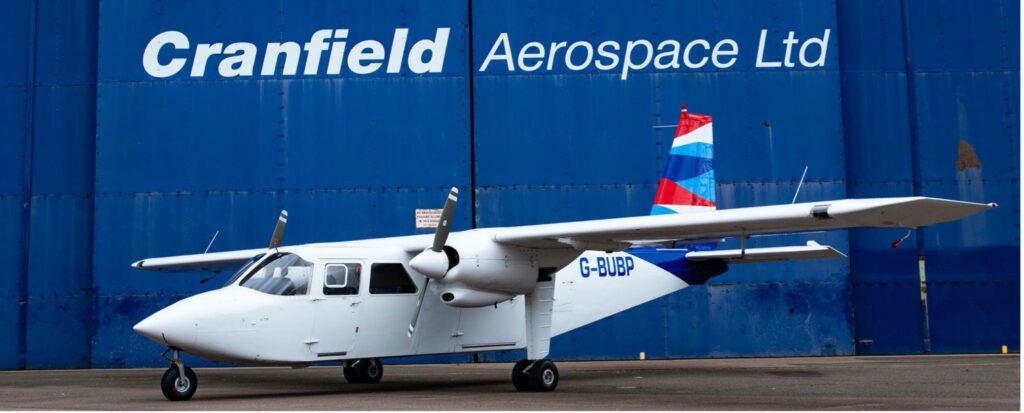
Credit: Isles of Scilly Steamship Group
Cranfield Aerospace Solutions has taken delivery of a Britten-Norman BN-2B Islander for conversion to zero-emission hydrogen-electric propulsion. The nine-passenger aircraft has been acquired from Isles of Scilly Steamship Group under the UK government-backed Project Fresson. One of four Islanders...
Subscription Required
This content requires a subscription to one of the Aviation Week Intelligence Network (AWIN) bundles.
Schedule a demo today to find out how you can access this content and similar content related to your area of the global aviation industry.
Already an AWIN subscriber? Login
Did you know? Aviation Week has won top honors multiple times in the Jesse H. Neal National Business Journalism Awards, the business-to-business media equivalent of the Pulitzer Prizes.





